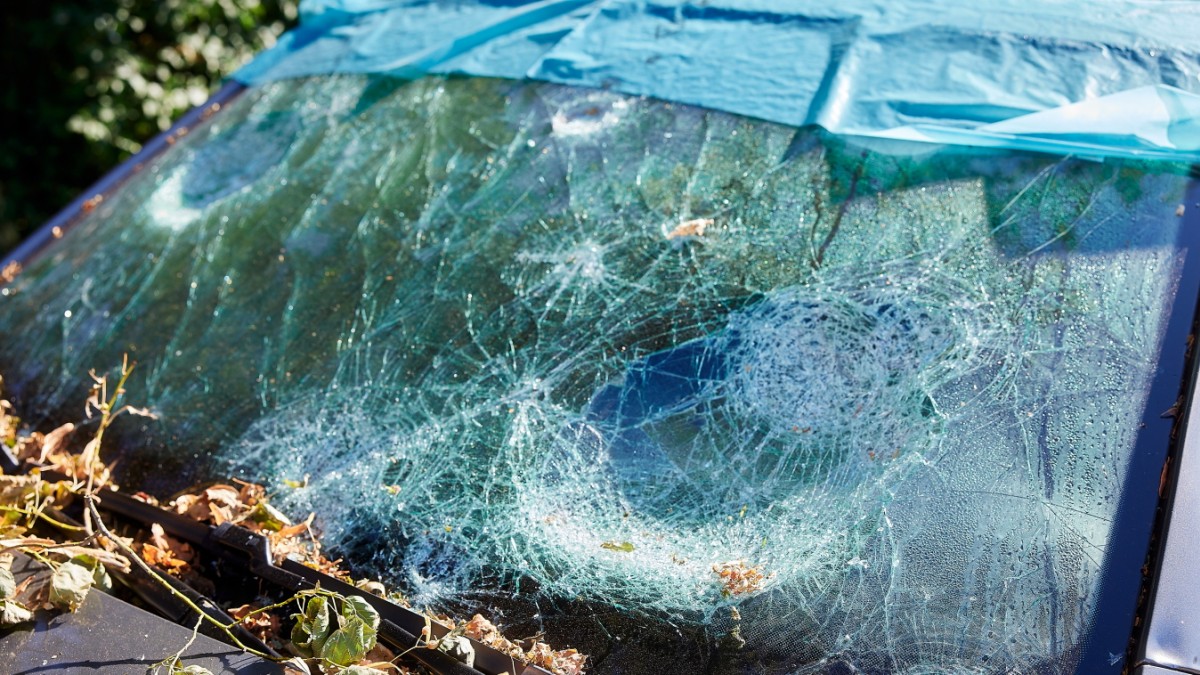At the end of August, severe storms with hurricane-like squalls, heavy rain and, above all, hail fell on parts of Bavaria and especially the Bad Tölz-Wolfratshausen district. The damage to agriculture, buildings and automobiles is sometimes enormous and building repairs cost large sums of money. This is where the question of financial compensation arises. The Bavarian Income Tax Assistance (Lohi) now explains in a press release what applies to tax in such a case.
The first point of contact is generally the insurance company. Natural hazard, residential building and household contents insurance can reimburse the costs of repairing the damage, such as cleaning up and transporting away damaged items, restoring the building, replacing household contents and follow-up costs, such as hotel costs for uninhabitable apartments or storage costs. However, if there is no insurance cover or the insurance only partially reimburses the damage, under certain conditions part of the costs can be claimed as an extraordinary burden on the tax return, says Lohi.
According to the state government, taxpayers who were severely damaged by the storm should be able to count on quick and unbureaucratic support from their tax office. Tax officials’ leeway includes deferring taxes, reducing advance tax payments and postponing enforcement measures. Special depreciation is also possible. In addition, private households that are threatened with existential hardship due to hail, heavy rain and flooding can apply for financial help through hardship funds from the responsible district office.
Tax deduction as an extraordinary burden
In order for the expenses for damages to be recognized as an extraordinary burden, they must be items that are essential to existence. This is the case with residential buildings, furniture, household goods and clothing. According to Lohi, the repair or replacement of luxury items such as paintings or jewelry is not tax deductible. Cars, garages, cellars, terraces, gardens and holiday homes are also classified as dispensable and are not taken into account for tax purposes. However, costs for experts, disposal and loan interest for replacement can be claimed. “Of course only if insurance doesn’t cover the damage.”
Unfortunately, there is a deductible for exceptional expenses. This is called the reasonable burden and is determined by the tax office depending on the total income, marital status and number of children in the household. Up to this amount, the expenses must be borne by yourself. Only beyond this is there a tax deduction as an extraordinary burden. Important: Repairs must begin within three years of the date of damage. “If the deadline is exceeded, a tax bonus is no longer possible,” explains Lohi.
Landlords get better tax relief. If the storm damage affects rental properties, the repair costs to the building can be recognized as business expenses in rental income instead of as extraordinary expenses. There is no reasonable personal burden here.
2023-09-26 10:59:04
#Tax #relief #storm #damage
